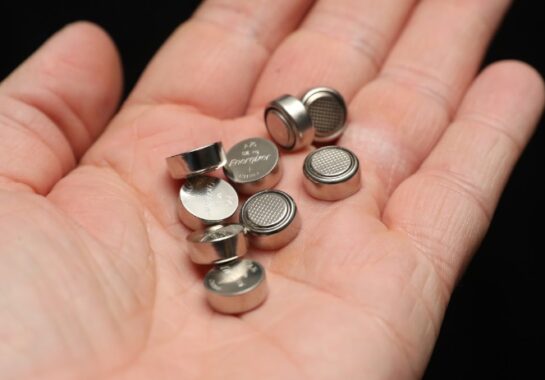Parents are being warned against buying toys containing magnets after new data revealed that hundreds of children have been hospitalised from swallowing them.
A study found that around 300 UK youngsters were admitted to A&E in a single year after ingesting the tiny metal items – with one in 10 requiring life-saving operations.
It was also revealed that children who swallow two or more magnets were at a far higher risk of long-term damage, as the pieces can clamp together in their tummy.
The study, by the University of Southampton, is the first to investigate how many children under the age of 16 in the UK have been affected.
The new Southampton study, MAGNETIC, was published in the Archives of Diseases in Childhood journal.
More than two in every 100,000 children swallow magnets each year according to the data, which was provided by 66 UK hospitals between May 2022 and April 2023.
The study also found that six per cent of swallowing cases were linked to viral social media trends, where the children – mostly girls – were trying to imitate tongue piercings by placing small magnets in their mouths.
Doctors also emphasise the importance of attending emergency departments early if a child is known or suspected to have swallowed a magnet.
The Child Accident Prevention Trust is working alongside the report authors to raise awareness of the dangers of strong magnets.
It is offering five top tips for parents to help keep their children safe.
- If you have small children, don’t have small loose magnets in the house.
- Small magnetic fidget sets for adults or older children can be very dangerous for any age child if they swallow the magnets.
- Only buy magnetic toys from reputable retailers or brand names you know.
- Never buy cheap magnetic toys or products from third-party sellers on online marketplaces
- If you think your child may have swallowed magnets go straight to A&E or call an ambulance.
Read the University of Southampton study at bmj.com/10.1136/archdischild-2024-328195.
Or see how the Child Accident Prevention Trust works to keep children safe at www.capt.org.uk.
